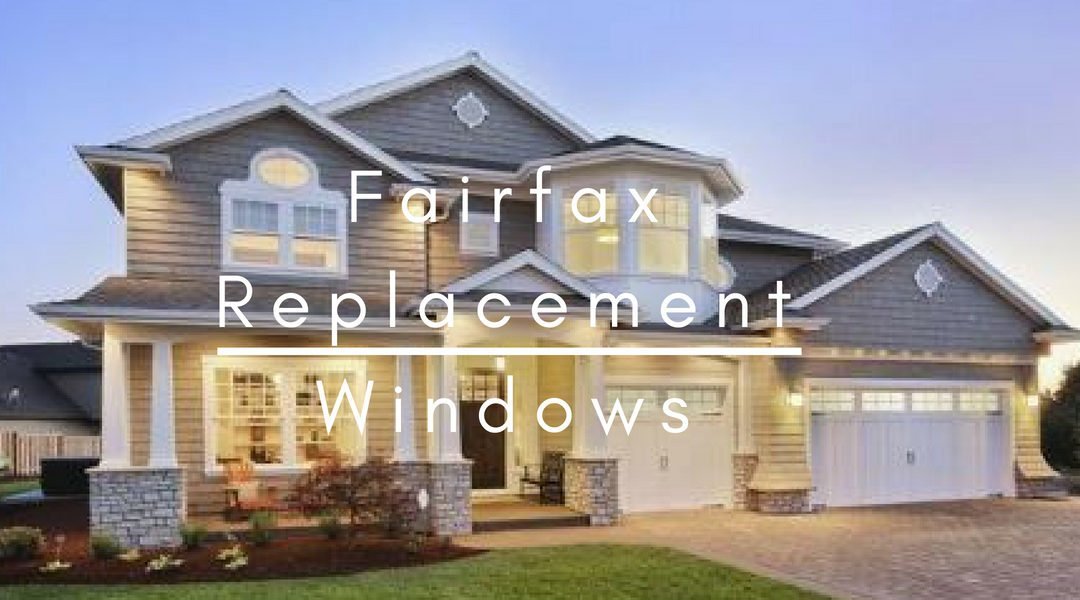Most people have a general idea of what it means to replace Fairfax windows. But when you get into the specifics of what’s typically involved with this process, there are some lingering myths that may give you reason to put off replacing your windows. Here’s a closer look at some common window replacement myths and the truth behind these misconceptions.
Replacement and New Windows Are Different
There are some subtle differences with processes involved. However, window replacement and new window installation are very similar. The difference between processes will also depend on the type of window involved. For example, vinyl and aluminum windows usually have the frame and sash installed at the same time regardless of whether it’s for a new installation or a replacement.
Windows Can’t Be Replaced in Winter
Granted, winter isn’t an ideal time for a window replacement project. Even so, experienced contractors know how to orchestrate this type of work in various situations and environments. For instance, when replacing windows in winter, each room may be blocked off in a way that prevents cold air from getting into the rest of your home.
Replacing Windows Won’t Do Much for Energy Efficiency
On the contrary, about 90 percent of heat loss occurs through glass. It’s also estimated that as much as 70 percent of a home’s energy can be lost through windows and doors. Replacing windows that are no longer efficient could definitely contribute to lower utility bills and provide a much-appreciated boost in home energy efficiency.
Wood Windows Are ‘the Best’ Option with Materials
While wood can still be a smart choice for a preferred replacement window material, it’s not always “the best” choice in every situation. In fact, vinyl can produce a look very similar to natural wood. However, with vinyl, you won’t have to worry about rot, mold, or repainting. There are also benefits associated with windows made from aluminum, steel, and clad wood.
One final myth is that numbers and ratings aren’t all that important. The truth is that things like Energy Star ratings and U-factor can provide important information about heat gain and loss and overall energy efficiency. A home remodeling professional can answer any other questions you may have as you start planning your window replacement.




